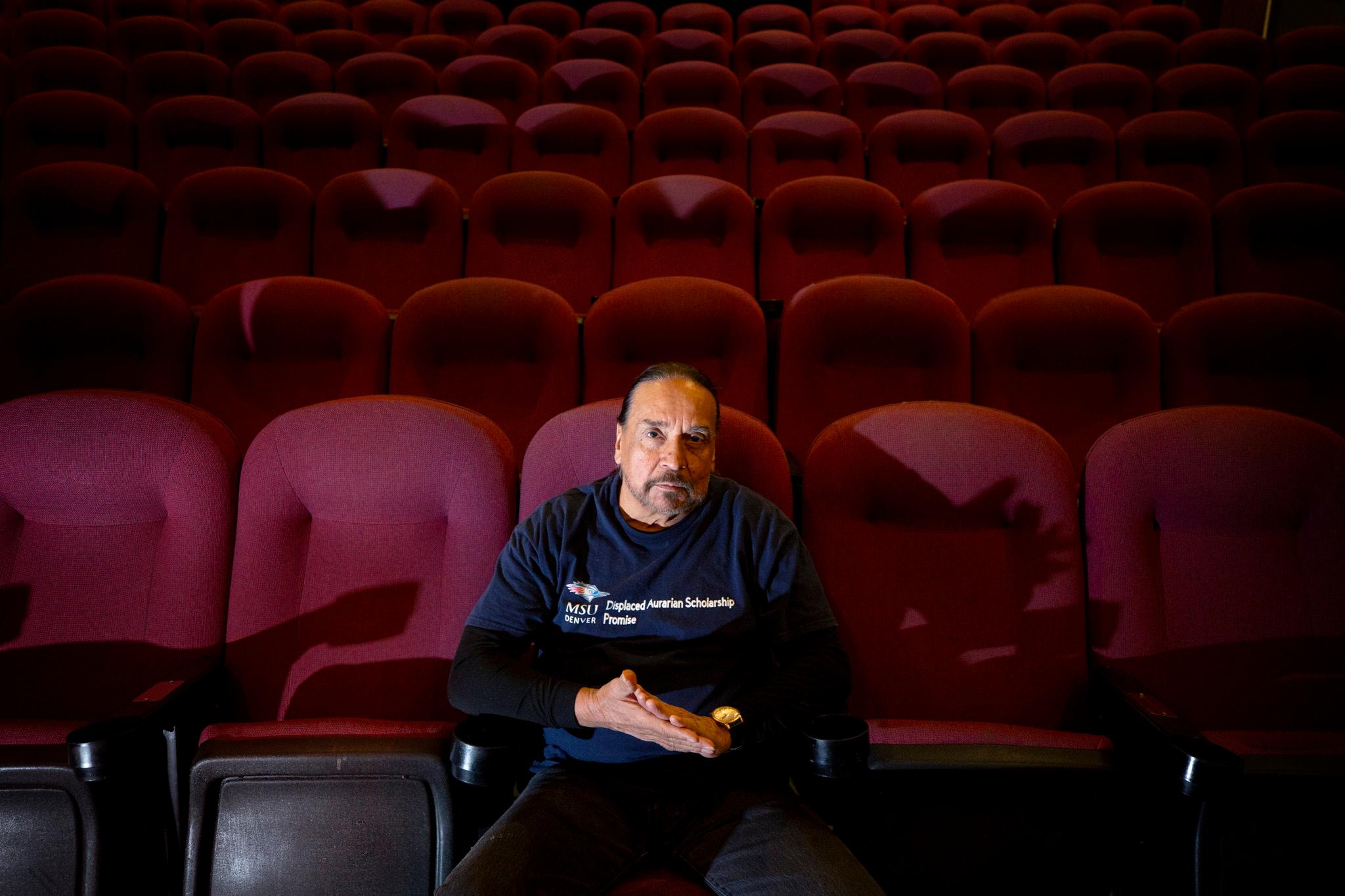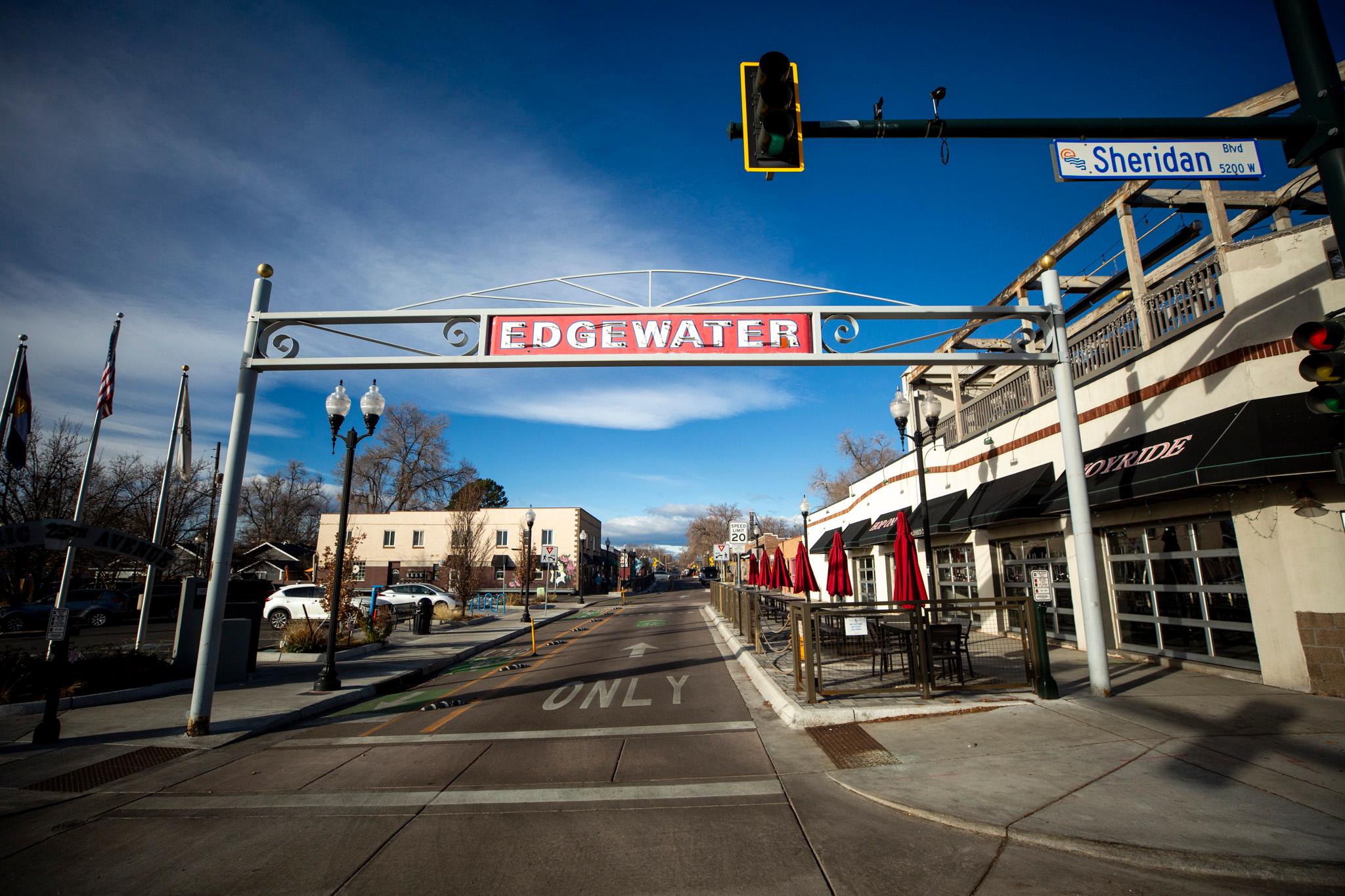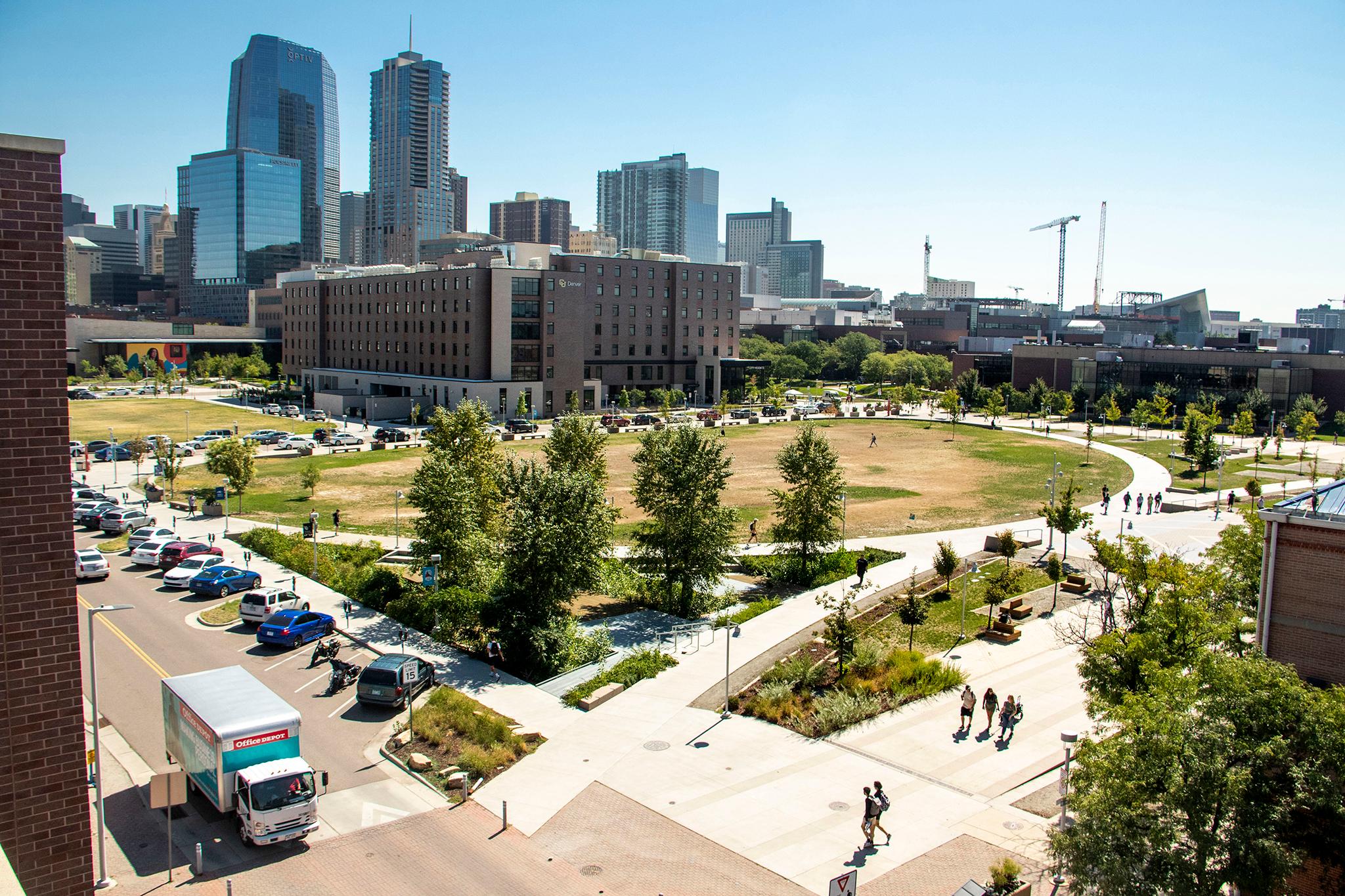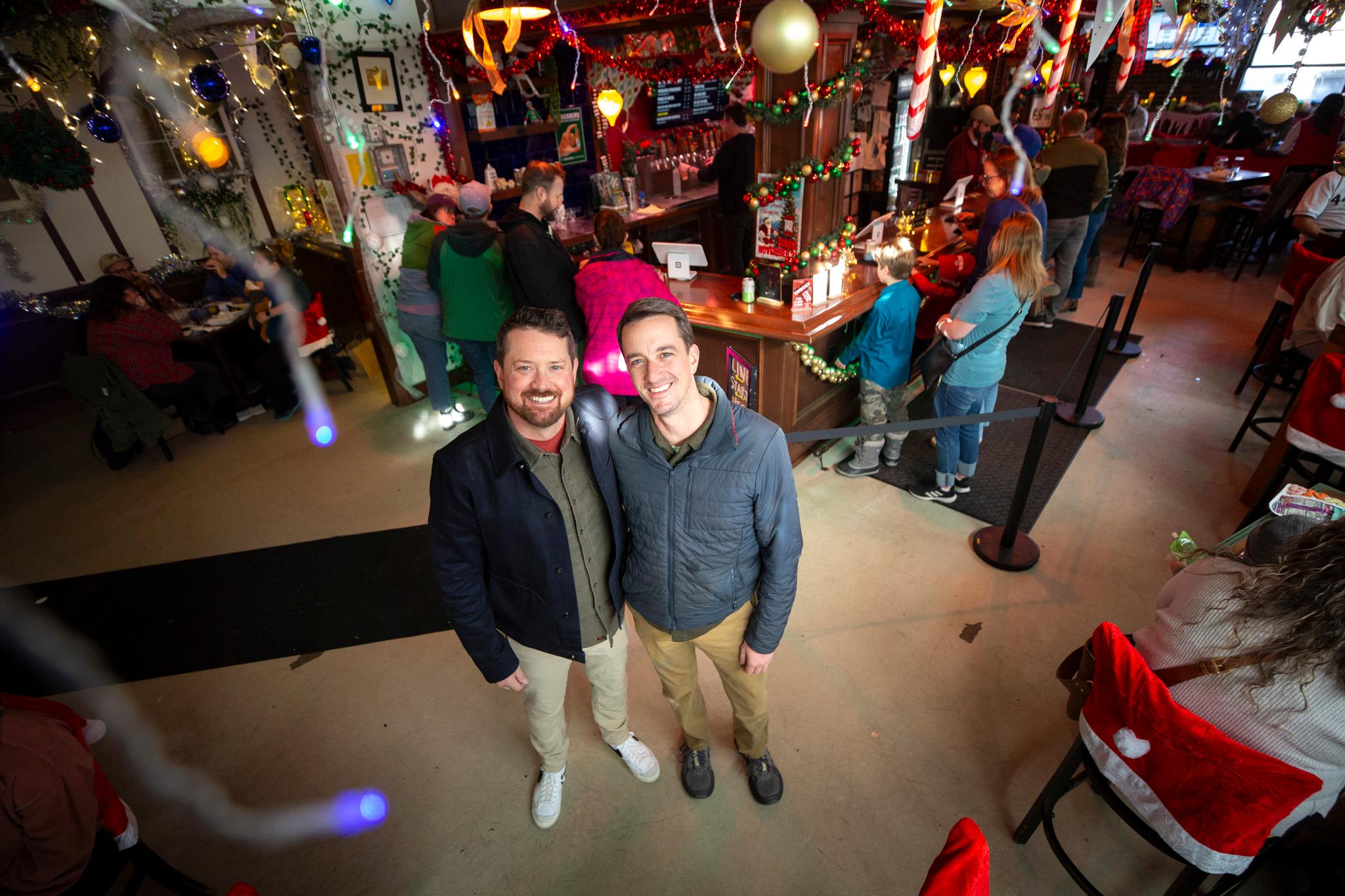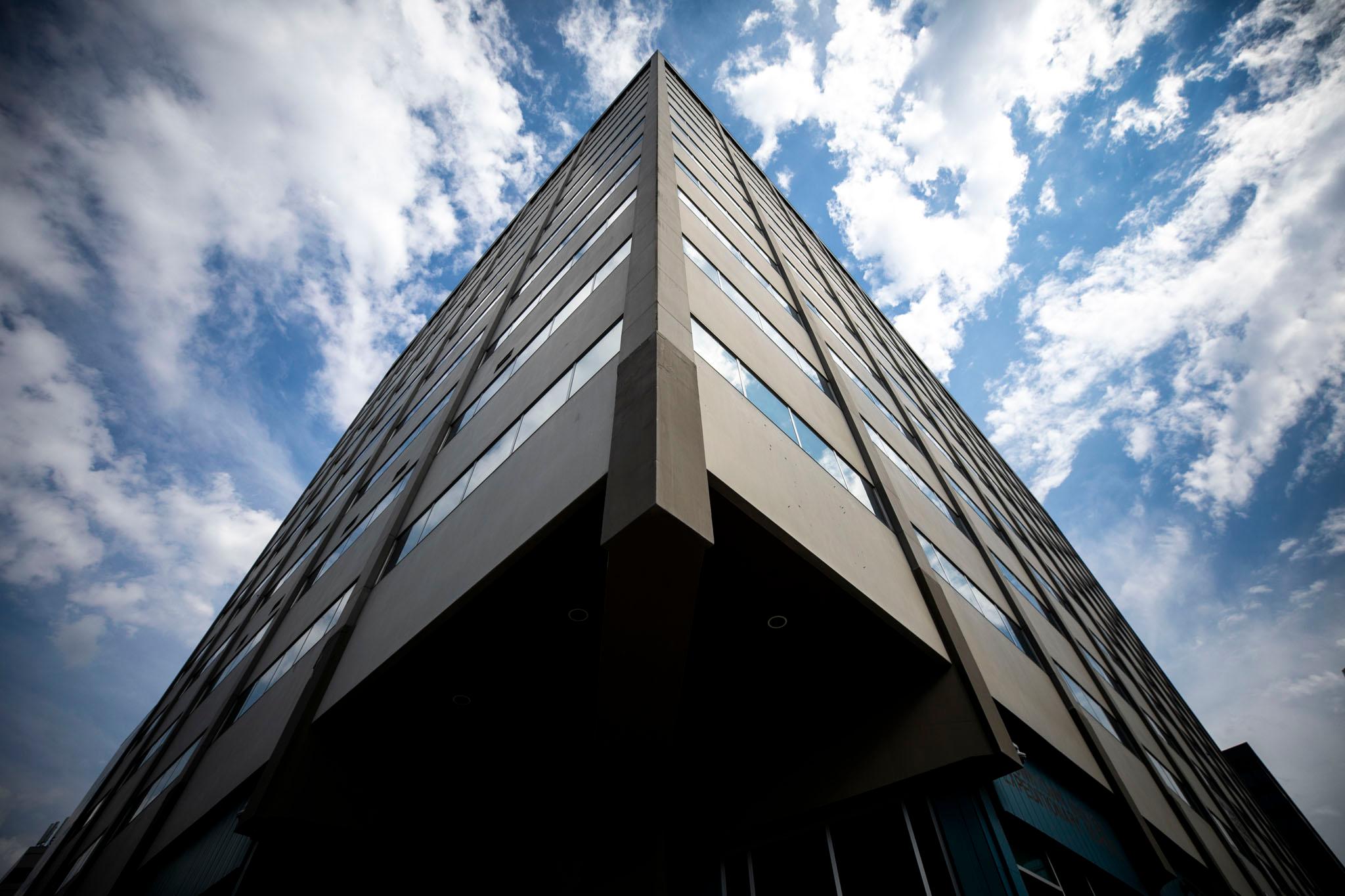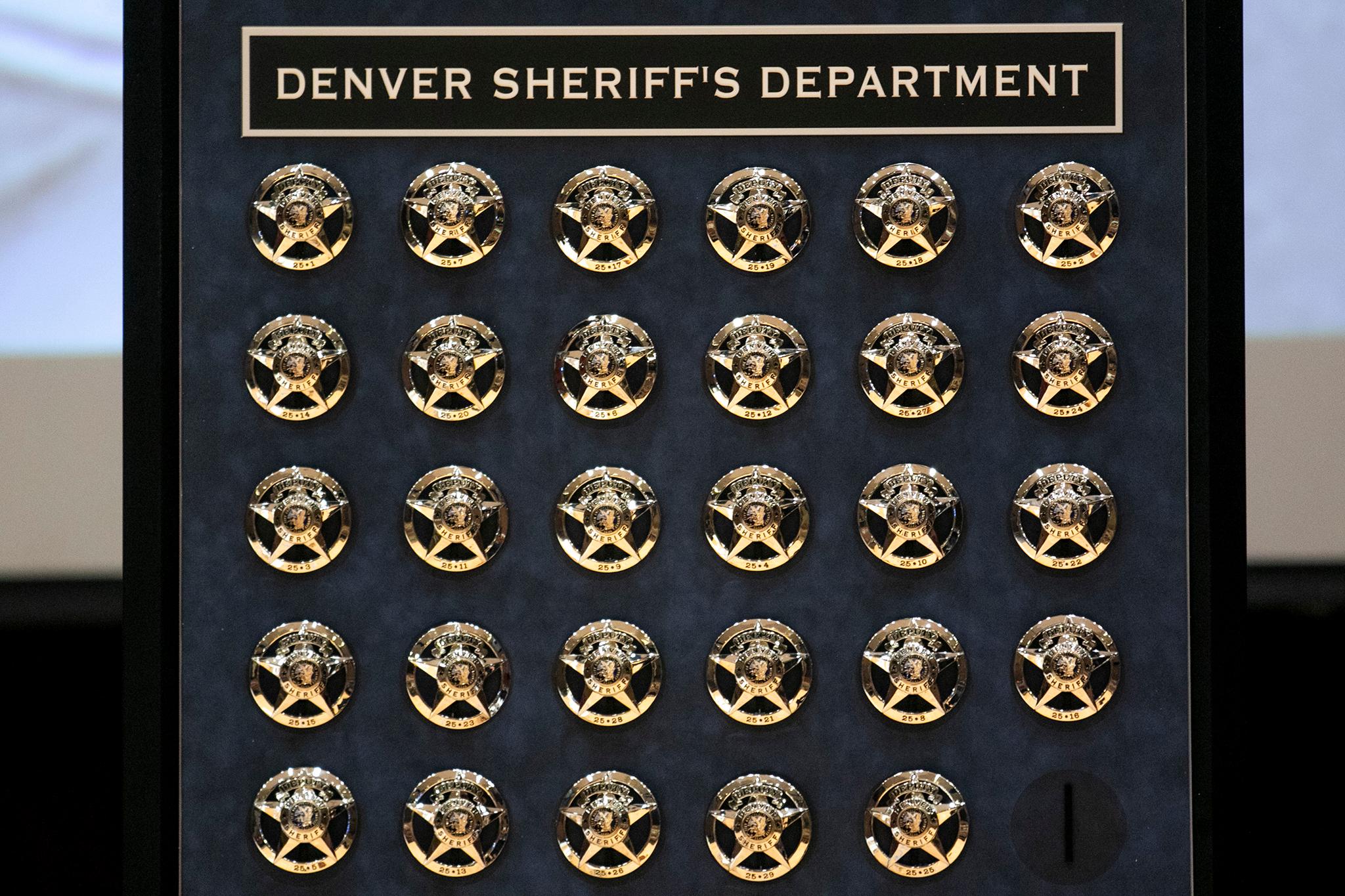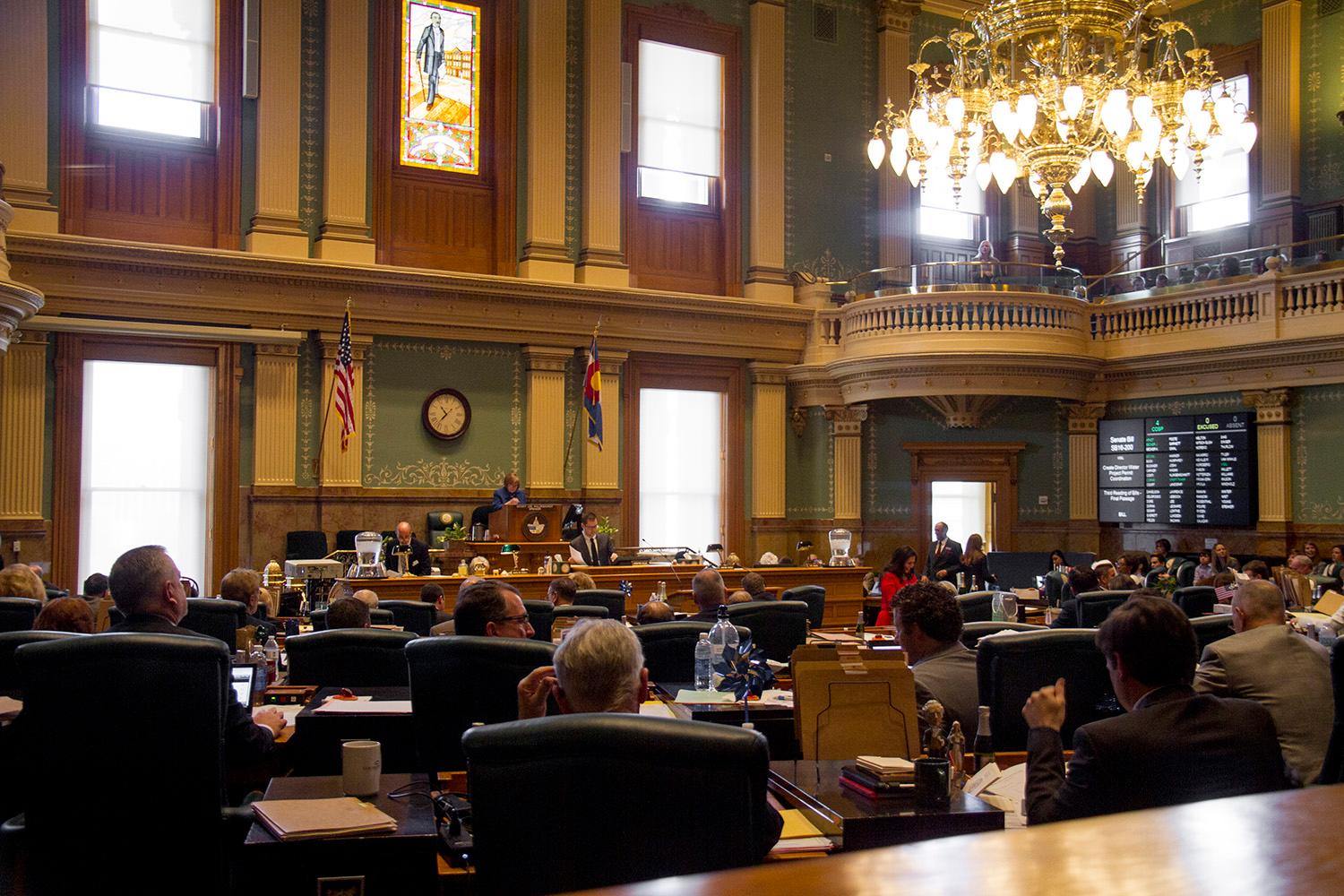
By James Anderson, Associated Press
Colorado's Democrat-led House passed a $28.9 billion budget bill Thursday and sent it to the Republican-led Senate, where the focus will be on how much transportation — long an underfunded priority — should receive.
A strong economy propelled by record oil production, rising wages and the new federal tax law is giving legislators a cushion to make catch-up investments in roads, schools, school safety and state pensions in the fiscal year that starts July 1. The House passed the budget bill 42-22 after hours of debate late Wednesday, defeating Republican amendments to add millions of dollars more to fix aging roads and bridges.
The Senate takes up the bill next week, and a separate bill that would issue bonds to generate $3.5 billion for roads will influence the debate. That legislation unanimously passed the Senate and is before the House, whose leaders, citing the prospect of an eventual recession, are hesitant to commit $250 million a year for 20 years to back the bonds — a sum that would siphon funding from K-12 and other funding should Colorado's economy falter.
The bond issue depends on the bill passing this session and voters approving it in November 2019. Democrats argue asking Coloradans for a tax increase is a better option.
"The dollars we are investing in transportation may not be available to us in future years," said House Speaker Crisanta Duran. "I'm open to a responsible amount of bonding, but we cannot simply mortgage away our future."
A companion budget bill passed last week commits $455 million to transportation regardless of whether the bonding bill succeeds. Republicans objected to a provision that allocates about $68 million of that amount to so-called "multimodal" needs that could include sidewalks and other safety improvements, public transit or other infrastructure. They argued for straightforward roads funding.
"I recognize that we have finally made transportation a priority in this building," said GOP Rep. Polly Lawrence. "But we also need to recognize the fact that these local communities know what they need better than we do."
"This encourages (rural communities) to think about everybody in the district, and not just about cars," said Democratic Rep. Barbara McLachlan, whose district includes several rural southwestern counties.
Republicans, citing Colorado's history with school shootings and the February massacre at a Parkland, Florida, high school, added $35 million to the budget for school safety projects and training. That boosts total K-12 funding to more than $600 million.
Tuition at most public colleges and universities will be capped at no more than 3 percent next year, and $225 million would go to the troubled state public employee pension plan. Another bill is designed to rescue the plan, whose unfunded liabilities are between $32 billion and $50 billion.

